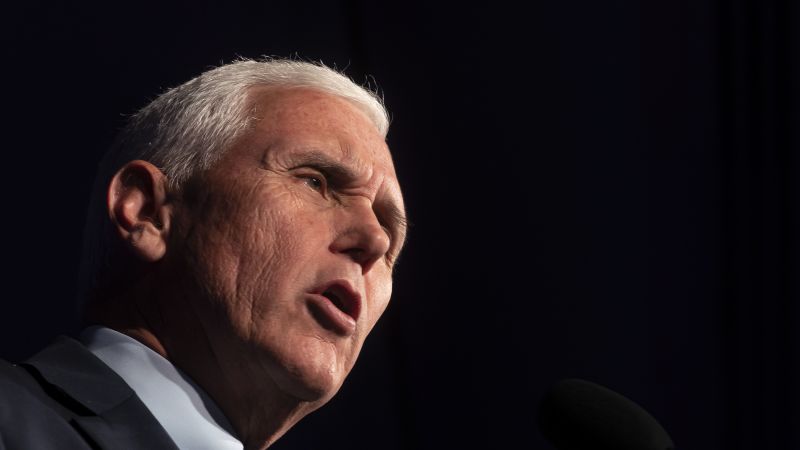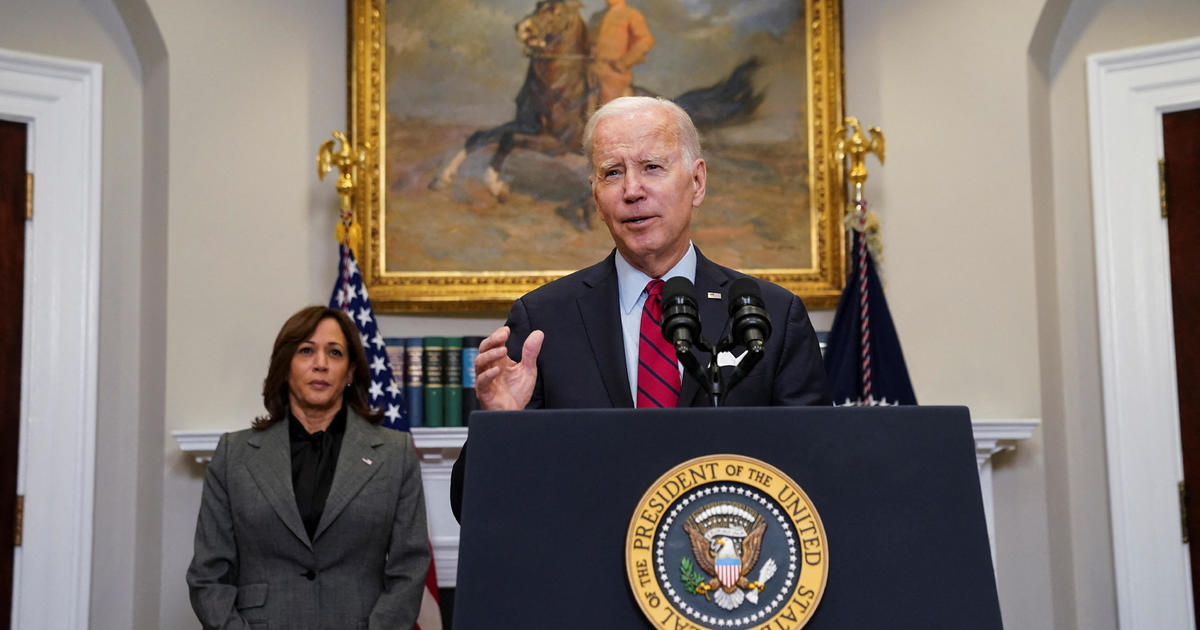MYRE: So I spoke with people who've worked at the CIA and the NSA and other national security outfits, and they said there is no master list. I ask if these agencies could, for example, just do a computer search for all the classified documents that they'd created yesterday or last week or last year. And I was told the answer is no. Now, when national security agencies create classified documents, they often share them with other agencies. And a small portion of them, the ones that are most important and sensitive, will make their way to the White House. And these agencies keep their own classified documents in-house. But they don't have a list of every document they create. And they don't know what happens when a document goes to another agency or even the White House.
SHAPIRO: And I imagine it becomes even more complicated if that classified document is on paper, less searchable than an electronic file on a computer. Would it be easier to track everything if it was all electronic?
MYRE: Yeah, Ari, that is true. And now most classified material - but not all of it - is electronic. And you'll partly run into some generational issues here. Younger officials are more comfortable with electronic records. Some older officials may request physical documents. For example, President Obama read his daily security brief on his iPad. Trump and George W. Bush liked to be briefed verbally. Now, I spoke about this with retired intelligence officer Larry Pfeiffer. At the CIA, he was chief of staff. He also served at the White House, where he ran the Situation Room when Barack Obama was president and Joe Biden was vice president.
LARRY PFEIFFER: There are some things that just are not delivered electronically. Some of the most sensitive source material that comes out of CIA is often only produced on paper. And that's to prevent some internal threat hacking in and then, you know, putting stuff on a storage device or something and walking out the door with it.








